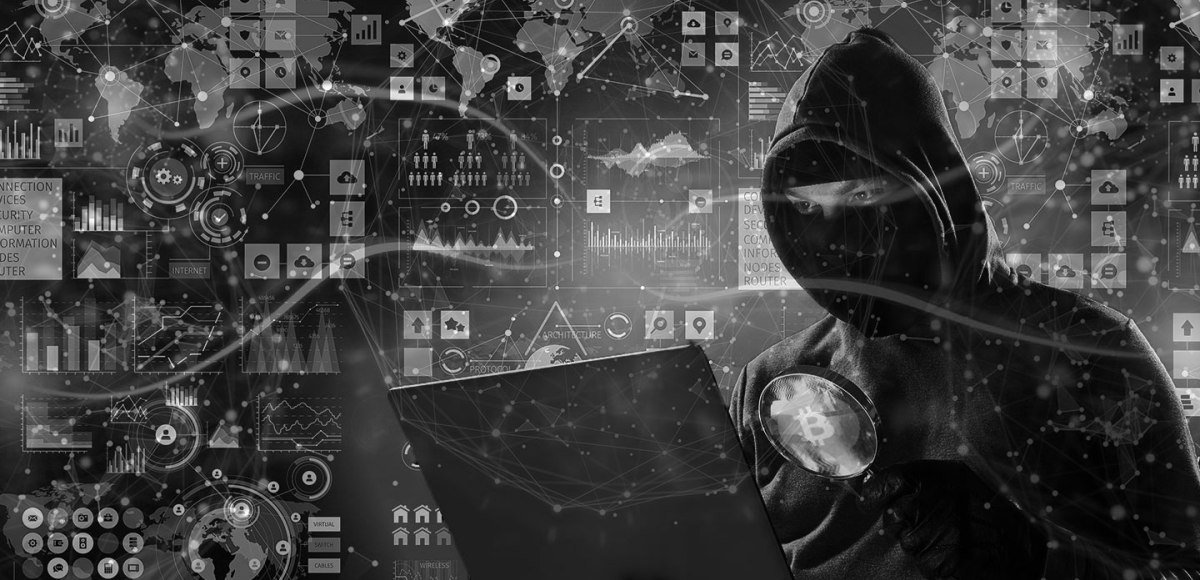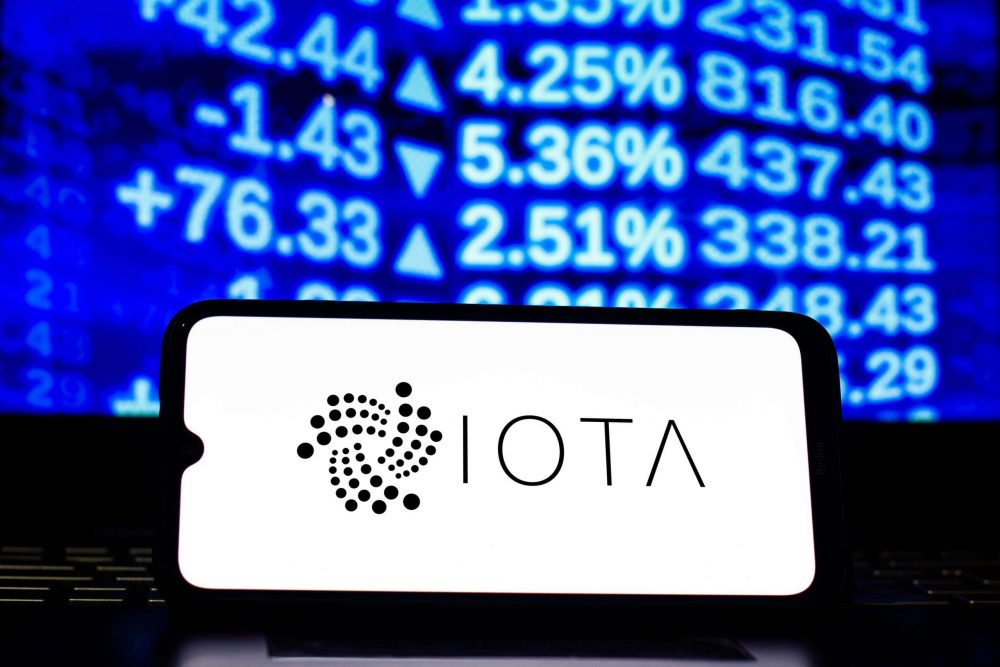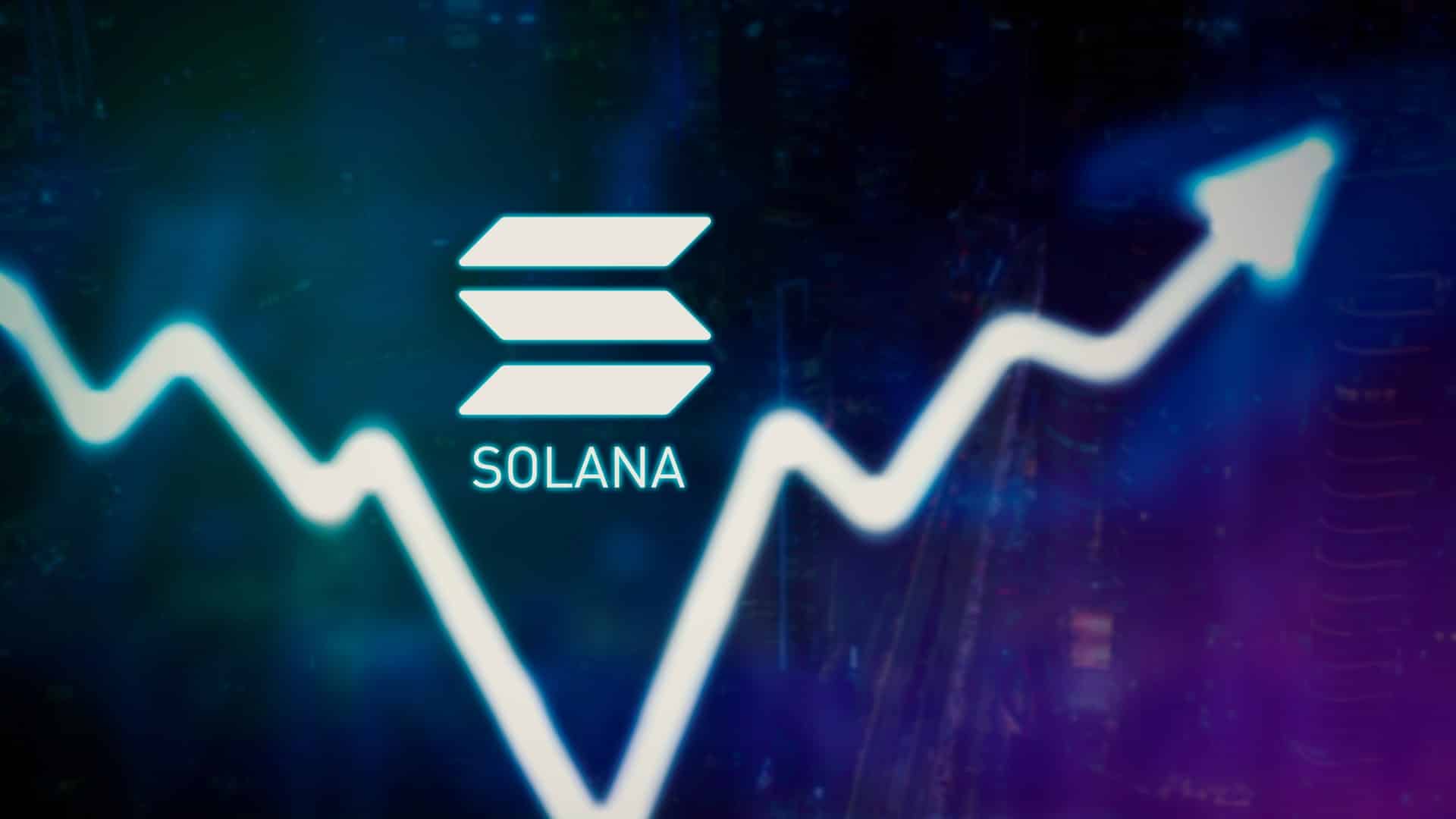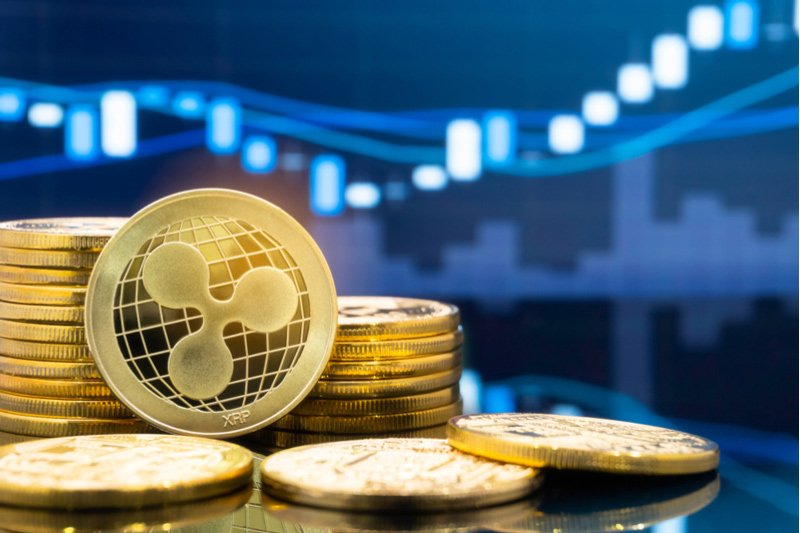Table of Contents
Marc Andreessen is a tech specialist. Investments in which “a16z”, as Andreessen Horowitz is also known, were involved include Facebook, Groupon, Skype and Twitter. The success speaks for itself: Andreessen has understood how companies can be successful in the 21st century: by digitizing fundamental areas of life. Facebook is dematerializing social life, Google Maps is dematerializing street maps, and Amazon is dematerializing retail.
Ten years after it was published, “Why Software is eating the world” can be understood as a blueprint for the most successful business model of the 21st century: found a software company and there are no longer any limits to expansion. It’s no coincidence that nine of the top ten most valuable companies are tech giants.
The intrinsic value of software
For Marc Andreessen, the case is clear: the intrinsic value of software companies lies in the fact that business models are no longer local, but can reach a global target group in no time at all. The only variable of digital distribution is therefore the degree of distribution of Internet connections and end devices that can access them. And it is constantly increasing: according to Statista, in January of this year 4.66 billion people worldwide had access to the Internet, i.e. almost 70 percent.
Local retailers don’t stand a chance against a “total addressable market” that can potentially reach everyone. Consequently, Amazon – a software company – is the largest bookseller in the world. And the group has not only dematerialized the physical book business. The book itself is also written digitally and in many cases not even printed. If it ends up on the Kindle at the end of the value chain, it remains entirely in the digital space.
Smartphones are of particular importance when it comes to digitization. After all, mobile end devices have dematerialized several objects at once: cameras, Walkmans, road maps, pocket calculators, alarm clocks and the like are now available as apps on smartphones. And there are good reasons for that.
The fact that software is penetrating every area of life is not least due to the massive efficiency advantages that digital applications have over their physical counterparts. Software only needs to be developed once; the copying of data is virtually free afterwards and can thus be delivered to a global target group. This also reduces the costs for users. Marc Andreessen was right: software eats up the world.
Financial sector lags behind
But one sector doesn’t really want to get rid of its anachronistic image: we’re talking about the financial world. It is true that the majority of financial transactions in this country are already processed electronically. However, if you look beyond the horizon of the global North, towards sub-Saharan America or Latin America, things are less rosy. Cash is still the number one means of payment in large parts of the world, but the number of bank accounts is alarmingly low. So appreciates the World Bank that around 1.7 billion people worldwide belong to the “unbanked population”, i.e. do not have a bank account.
Anyone who does not have a bank account must receive cash via services such as Western Union and Co. This is time-consuming, unsafe and, above all, expensive.
The fact that sending money in the 21st century is nowhere near as easy as sending e-mails is an indictment and is ultimately due to a lack of competition.
Competition with traditional money
But competition is spreading: It is called BTC. The No. 1 cryptocurrency has all the advantages that software has over the physical equivalent: it is faster and more secure than cash services – but above all it is open and decentralized. Everyone can voluntarily participate in the BTC network; the more applications there are and the easier it is to get started, the more will use BTC.
In addition to the efficiency and cost advantages that digital money has over physical banknotes, BTC has a very decisive marketing argument on its side: price growth, also known as “Number go Up Technology” (NgU Technology). Because even if it’s not quite enough to be a currency, BTC is already ideally suited as a digital store of value.
This is a crucial aspect, especially in countries like Argentina, Venezuela, Turkey and Lebanon. Because while BTC measured in US dollars has already grown by around 264 percent year-on-year, measured in Argentine peso it is still 393 percent.
In eleven years of existence, the average annual growth has been around 200 percent. With a total increase in value of several million percent since its genesis, BTC is the best-performing asset in human history.
The dematerialization of gold?
From the point of view of permabullish Bitcoiners like Michael Saylor, the dematerialization of gold is only a matter of time. In the podcast with Stephan Livera, the MicroStrategy CEO says:
“I come to the conclusion that cryptocurrencies are about 10 to 100 times better than gold. […] It just doesn’t make sense to invest in gold. Gold as a store of value will rationally be eaten up by BTC.”
What Michael Saylor describes here as “better” can be further specified. The properties that make up a good store of value can be broken down into a few core aspects such as scarcity, transferability, divisibility, durability, and recognisability. In almost every aspect, BTC beats gold by far. For example, BTC is much more divisible than gold (who wants to pay for a coffee with gold crumbs), it is counterfeit-proof – anyone with a full node can verify transactions and thus the “authenticity”. It is also much easier to transmit because it is data that can be sent at the speed of light.
BTC transaction more efficient than that of gold
If you want to send physical gold in large quantities across the Atlantic, you have to accept enormous costs. A BTC transaction, however, is carved into the digital stone after just one hour.
The only thing missing from digital gold is its history as an established store of value; BTC does not have a thousand-year history as a form of money. However, it is clear that a new form of money will not be able to establish itself globally within a few years.
Whether and when BTC Gold can completely dethrone it cannot be reliably estimated. But if every area of life is represented in digital space, why not money?
Nike’s First NFT Collection Is Driving Crypto Community Crazy
- Trillionaire Fund: We expect several countries to adopt Bitcoin - January 2, 2025
- Analyst predicts “Grand Finale” for Altcoins in early 2025 - January 2, 2025
- Dutch crypto analyst: “This is the right time to buy XRP” - January 2, 2025
























